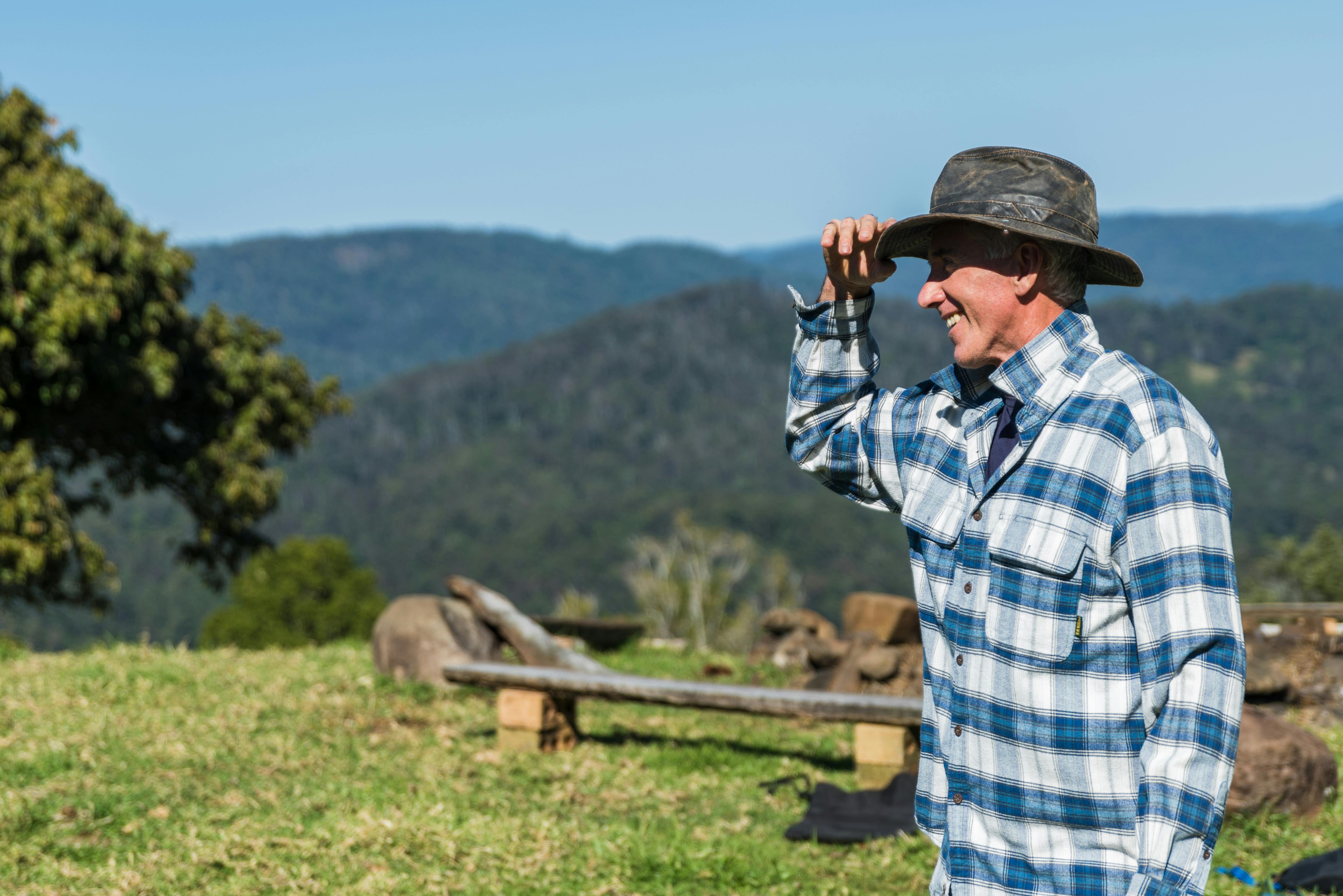
Sales Success: What Reward Hunting Taught Me About Selling
admin
- 0
We are all sellers. We are all in the business of selling, to some extent.
I’m not just talking about business either. I mean when we are at home and we want to watch a particular channel, we have to convince others why it would be a good idea to see what we wanted to see. We have to sell the idea of going to a particular restaurant or enjoying a particular activity on the weekend. If we come into contact with others, whether we like it or not, we are all sellers.
My first sales experience, on a commercial level, was when I took on the role of general “Dogsbody” after school in a warehouse where we imported magazines. My main job was unpacking 40-foot containers full of high-gloss magazines.
Once everything was downloaded, we had to go out and sell the magazines to both Joe Public and the local distributors. This was my first real face-to-face selling experience.
It was something that I really fell in love with.
I couldn’t really say exactly what it was that I loved about selling at the time, but looking back now, I would have to say that it was personal interaction and being able to help people make a decision that will be beneficial to them. .
I guess it was due to the fact that I really enjoyed reading the magazines during lunch breaks and therefore believed in my product and wanted others to enjoy reading the magazines in the same way that I did.
Also always, for whatever reason, I focused on trying to make sure that people left my company feeling better about themselves than they were when they entered it. In hindsight, this approach has always served me well.
For the past 20 years, selling has almost always been a part of any occupation I’ve ever had. It is something I have enjoyed and aspired to be very good at.
I have invested £ 1000 in educating myself in the world of sales strategies and sales techniques. I have attended numerous sales seminars, but have always felt something was missing.
I asked a self-proclaimed sales trainer this question about 4 years ago: “What makes the best salespeople better than the good salespeople?”
His response to me was, “They follow these strategies.” I took it with a pinch of salt ….!
Now, I DO believe that strategies are crucial to selling, but I still couldn’t help but believe that there was still something else that separated “Good” from “Excellent” …
Knowing your product, knowing your audience, knowing your competition all made perfect sense, but I still felt like a link was missing.
That “missing link” bothered me for a while, but then it went to the back of my mind when “life” took over, as it does for all of us.
That was until I was “surfing the channels” on a random Saturday afternoon and came across this “High Drama, American, Peroxide, Charismatic, Action Packed” TV show.
There was this great blond boy and his great blond wife and their tattooed, long-haired family chasing the Bail jumpers in America.
Yes, ladies and gentlemen, I had just come into contact with Dog The Bounty Hunter !!
For those of you who don’t know, basically a Bounty Hunter goes after fugitives who have missed court dates or violated their bail conditions (they are “naughty” on our terms !!)
Considering the above definition, you are not actually going after people who have attended Sunday School, who are Rhodes Scholars, or who are what might be termed “pillars of society.” These are ex-convicts or people accused of serious crimes. So, as you can imagine, there are not many Choirboys among them.
As I watched this guy hunt down and capture these fugitives, armed with his bear mace, something struck me as very special about this guy. He wasn’t purely a “knock down, drag” guy who hated convicts and wanted to provide them with some “tough justice”. There was something very different.
The way he tracks people and tricks them into approaching him is VERY unorthodox. He’s capable of making clue-breaking phone calls or acting on hunches that become catalysts for turning a photo and name into a successful capture.
In short, his understanding of the people he pursues, his social and emotional intelligence, is second to none. He is also very sensitive and loving to his family. This degree of sensitivity, I have no doubt, adds to their receptivity and ability to read and understand others.
After the action in which they pounce on the convict, there is usually a certain degree of adrenaline-inducing action in which there is a lot of yelling, name calling, and club drawings. The tension is high. The fugitive is handcuffed and led to the truck in which they are traveling.
This is where the difference begins. Rather than simply dumping the fugitive into the back of a truck and closing the doors, they put the captive in the middle of the back seat, flanked by Dog and one of his crew.
Shoulder to shoulder.
From there, Dog begins to “scold the captive” for missing his court date or failing to register with the bail bond agent.
Asks questions and listens to comments. Then he begins to “dig”. He begins to ask about their families, their children, their Faith … anything that means something to them. Trying to find a hook, an emotional lever.
Most of the time, that emotional lever comes down to runaway children. I am sure that as many of you readers are parents, you can relate to how powerful the emotion of not being able to see your children for 20 years can be. This is where there is usually some degree of tears, emotions, or regret on the part of the captive.
He uses the terms “My Brotha” or “My Sista” when speaking to them. This may not sound like a big difference, but in terms of creating a subconscious relationship, it is VERY powerful.
Typically, this is where Dog will offer the fugitive a cigarette, something to eat, or handcuff him in front instead of behind the back. Something that makes them feel more comfortable.
After the pain with the emotional leverage you’ve caused by talking about “How could you do that to your kids, etc.?”, You now begin to strengthen them. Saying that he will help them get into rehab if that’s what they need or “talk to the judge to be lenient.” He sows the seed of good in them.
I sat there watching this episode where the team had just been through the above and I sat there thinking, “Why are you bothering with all this? After all, all these people have been in trouble with the law and supposedly have done things that are illegal? “
They didn’t pay him more money if he was nice to the fugitives or if he did them “tough justice” …
Initially, I was confused, but by watching a few more episodes, I started to understand more about this guy. It turned out that, like a convicted criminal in the past, a man who had served in a high-security jail in Texas, he knew the path these people walked.
Dog himself is a “turned good convict” and has enough love for his fellow man that he really cares about these people. He REALLY believes that he can make a difference in their lives and will go out of his way to help them along the way.
The old burning question I had about “What separates the GOOD from the BIG” when it comes to Selling, reared its head again … only this time, I had an answer !!
I think it boils down to two things:
First, the salesperson must be able to really understand what the customer is looking for. What is your pain? What are your hot spots? What keeps them awake at night? This is traditionally done through open-ended questions, but that must also be linked with a certain degree of empathy.
And second, more importantly, it’s about really caring about the customer. It all comes down to truly believing that the product you sell can actually improve your customers’ lives or business, whatever it is that sells.
Any self-respecting Sales Coach will tell you that a large percentage of the time, “People buy out of excitement and they justify that purchase logically.”
I sincerely believe that if the seller’s motivation for the sale is more than just their commission earned, it is that they REALLY believe their product or service will serve the customer better and it is the sellers’ DUTY to make sure you protect the customer from further sales. people selling inferior products or services, the customer will pick up on that emotion and most of the time, will act on it.

